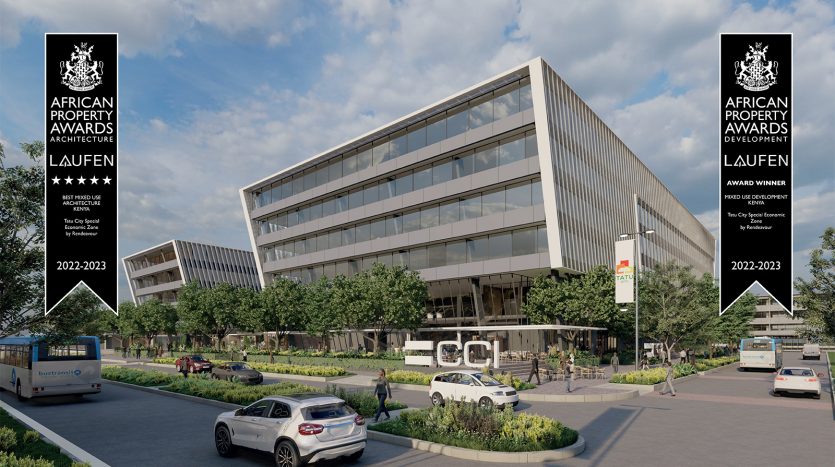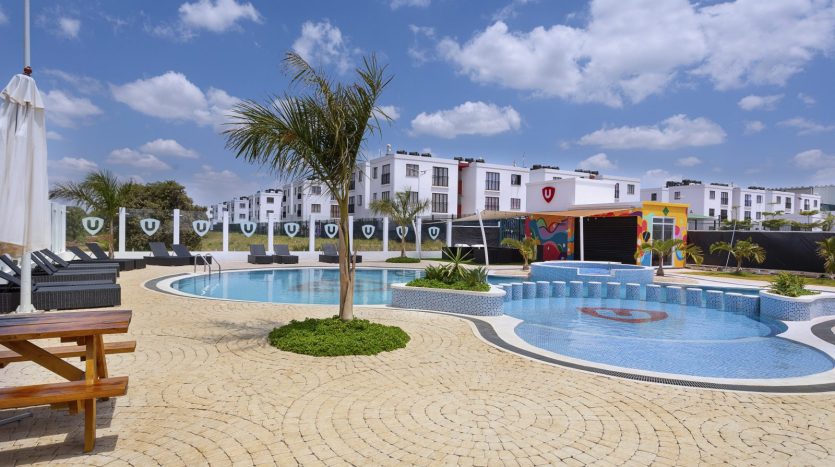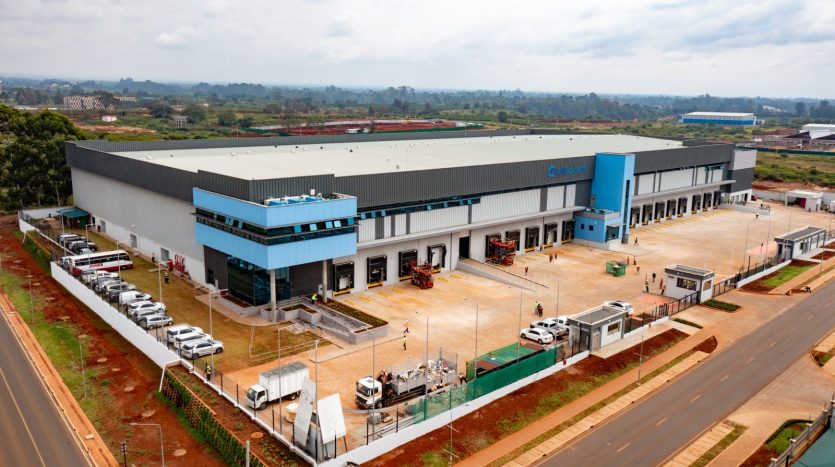Tatu City: A Model for Environmental, Social and Governance
Tatu City, Kenya’s first operational Special Economic Zone (SEZ), has been recognized as a model for Environmental, Social, and Governance (ESG) at the recent 2023 Africa Economic Zones Organization (AEZO) SEZ Annual Meeting in Morocco.
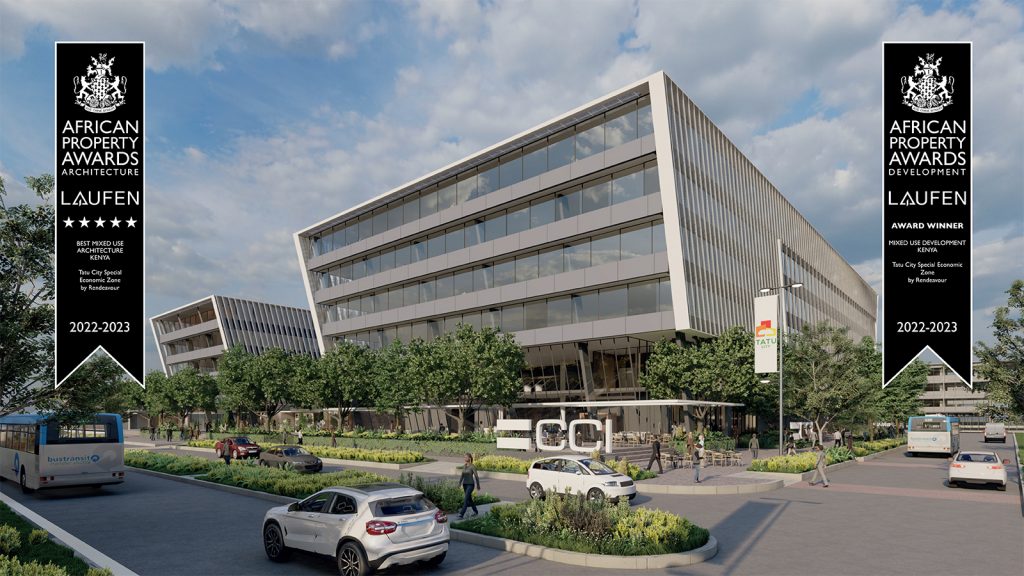
Recognition by UNCTAD
The United Nations Conference on Trade and Development (UNCTAD) identified Tatu City as one of nine African ESG model SEZs. This is a significant achievement considering that only 50 SEZs were conferred special status out of an estimated 5,000 SEZs worldwide.
Criteria for Selection
The zones were chosen based on their commitment to sustainable development, promotion of SDG-focused investments, and adherence to ESG standards. According to UNCTAD estimates, the world has over 5,000 SEZs, with more than 90% of them in developing countries, including 250 in Africa. Kenya has more than 30 licensed SEZs including Tatu City, establishing the country as an important African investment destination.
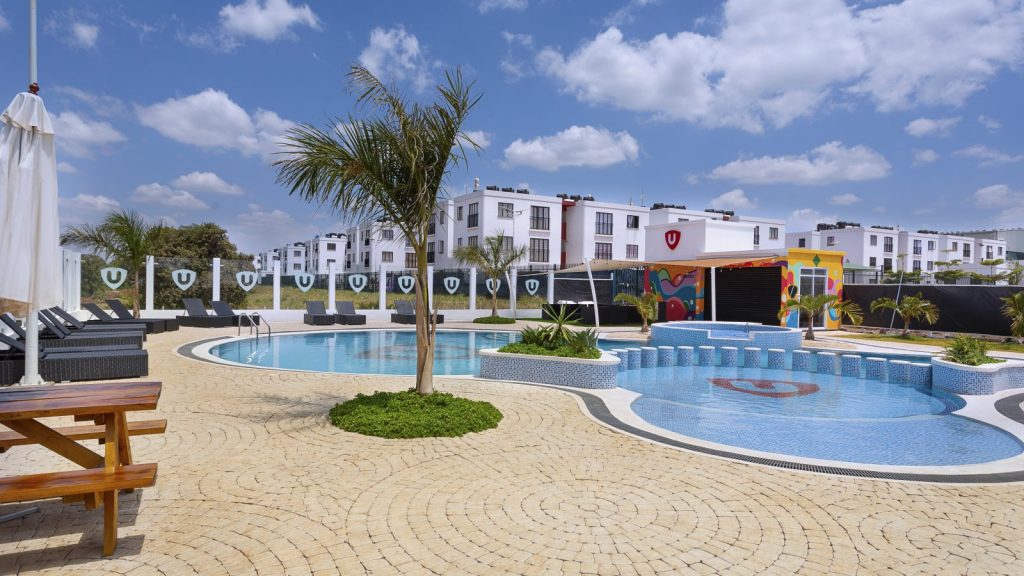
Tatu City’s Commitment to ESG Principles
Angela Muthoga, Tatu City’s Sustainability & Corporate Partnerships Manager, stated that Tatu City has long been the SEZ industry champion for global best practices in Kenya. The recognition as an ESG model demonstrates Tatu’s ongoing commitment to upholding the highest ESG principles.
Rendeavour’s Role
Rendeavour, Africa’s largest new city builder, ensures that social purpose is at the heart of everything they do. Their four pillars of Corporate Social Responsibility, namely Education, Community, Healthcare, and Conservation, are in line with the United Nations Sustainable Development Goals (UNSDG) and are motivated by a desire to positively impact the communities and environments in which they do business.
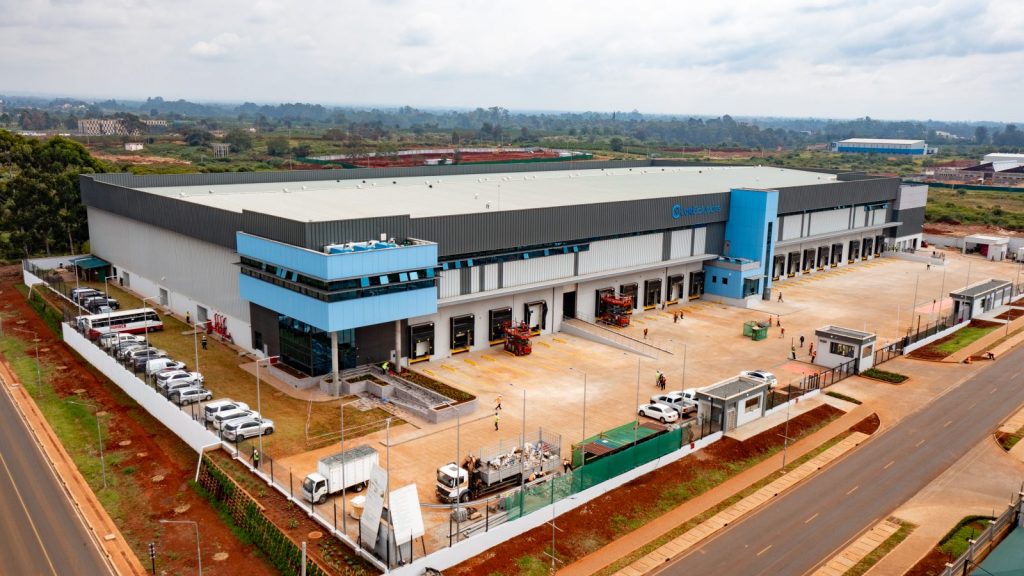
AEZO Steering Committee Election
At the same event, Kenya was elected to the Steering Committee of AEZO with 24 votes out of 60, followed by Guinea with 11 votes. AEZO is a continental organization comprising leading public and private institutions in charge of the development, management, and promotion of economic zones in Africa. It has 82 members representing 42 African countries. Tatu City is the regional office for the World Free Zones Organization (WFZO), of which AEZO is a member.
Kenya’s Progress in Sustainable Economic Development
Abubakar Hassan Abubakar, Principal Secretary, State Department for Investment Promotion at the Ministry of Investments, Trade, and Industry, explained that the selection of Tatu City, along with Konza Technopolis, was a clear demonstration of Kenya’s progress in Africa’s sustainable economic development.
Green Policies in SEZs
“Incorporating green policies in the development of SEZs is paramount not only to achieve economic growth but also to meet our country’s commitments to the UN’s sustainable development goals and our nationally determined contributions,” said the PS.
Future Developments
In recognition of the Kenyan government’s support for SEZs as an important tool in driving sustainable economic development, Kenya will host the AEZO General Assembly in 2024.
Frequently Asked Questions
What is an SEZ?
A Special Economic Zone (SEZ) is an area within a country’s national borders where the business and trade laws are different from the rest of the country. The main objectives of SEZs include increasing trade balance, employment, investment, job creation, and effective administration².
SEZs are typically duty-free and have different business and commercial laws, primarily to encourage investment and create employment. They are created to better administer these areas, thereby increasing the ease of doing business.
Financial policies, such as investing, taxation, trading, quotas, customs, and labor regulations, are introduced in these zones to encourage businesses to set up. Companies may also be offered tax holidays, where they are granted a period of lower taxation upon establishing themselves in a zone².
The definition of an SEZ is determined individually by each country. According to the World Bank in 2008, the modern-day special economic zone typically includes a “geographically limited area, usually physically secured (fenced-in); single management or administration; eligibility for benefits based upon physical location within the zone; separate customs area (duty-free benefits) and streamlined procedures.


